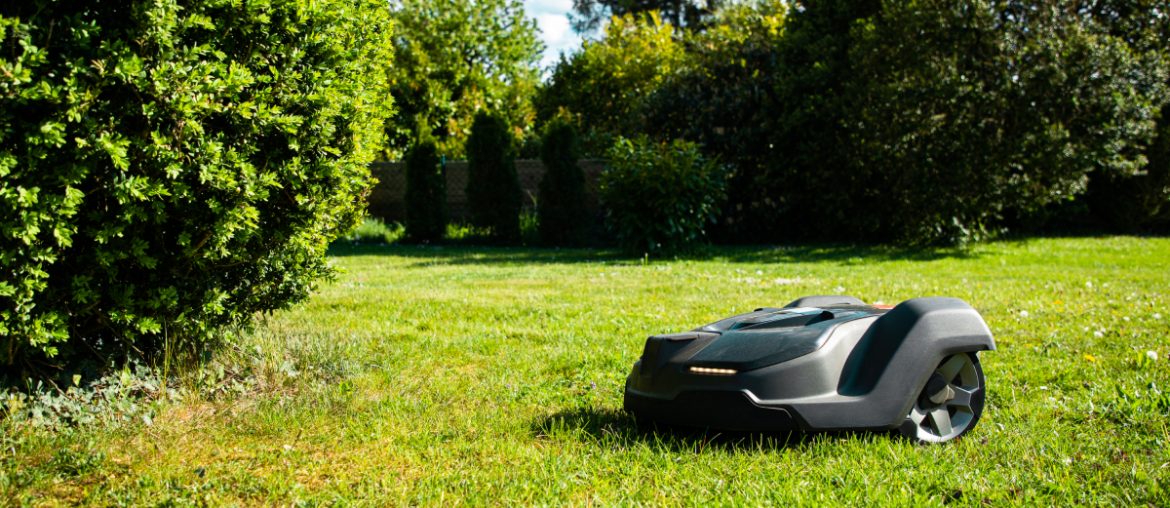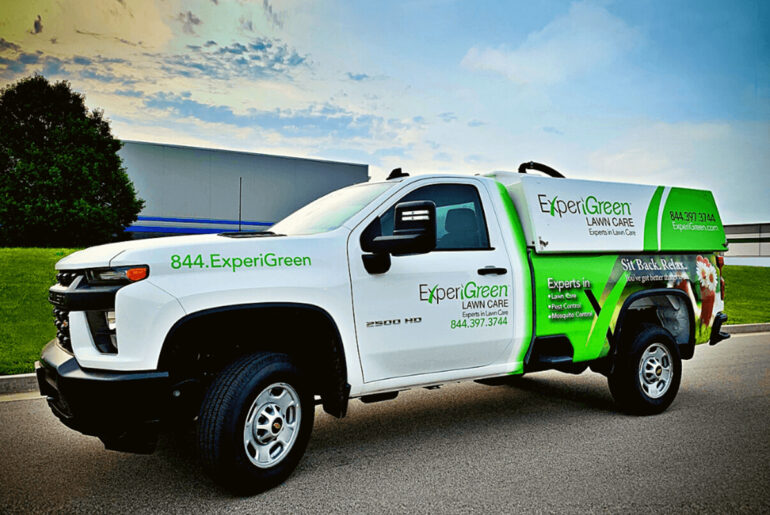Can lawn and landscape professionals finally hop on the robotic lawn mower movement? It’s a question lawn professional will need to be prepared to answer in the coming years as robotic mowers become more attainable.
Of course, there are some benefits—as well as challenges—with this model. There are also some situations and areas of the country where robotic mowers may prove to be more beneficial than in others.
Robotic Mowing for Residential and Commercial Lawn Professionals
Conceptually, the business model for using robotic mowers as part of your lawn and landscape business is fairly simple. You’ll lease each mower to a client who can then determine the most convenient times to run it so that they have a freshly cut look every day. With the mowing taken care of, your crew will only be responsible for the trimming, edging, and other detailed work.
At first glance, this sounds like a no-brainer; you save a lot of time and manual labor, and the client has a lawn that always looks freshly cut. Adding all of that extra time back into your schedule creates the potential to take on more clients with the same crew.
With the robotic mower doing most of the heavy lifting, expanding your business doesn’t have to go hand in hand with increasing your labor, tax, and insurance expenses. This allows you to take on new clients without hiring more crew members or budgeting for the costs that come with growing your workforce.
Initial Setup Costs
The potential labor savings that come with robotic mowers are easy to see, but it’s worth noting that there are other factors that may slow the adoption of this new option for consumers. Unlike your common lawncare tools like weed eaters or leaf blowers, a proper robotic mower can be fairly costly to purchase, so the initial investment can be rather steep.
A typical robotic mower suitable for commercial use will typically have a price tag that starts at around $1,300. It’s worth noting that a professional installation, which many in the industry highly recommend, can cost an additional $700 or so. For particularly large properties, you may need to purchase a more robust model with a longer-lasting battery. In this case, the mower alone is likely to set you back a cool $2,000, give or take.
Things to Think About
While the initial costs are important to consider, you can offset them by being more creative when positioning the robotic mower option for your clients. You can begin to balance the costs by charging a premium for those who want the consistency and convenience of robotic mowing. Start with marketing this new service to your larger, more established clients first; the more money they have to spend, the more likely they’ll be interested in robotic mowing and the benefits it brings.
If you convert 25 of your high-value clients, the mowers required could require initial investment north of $30,000; how much you charge for the service will determine your ROI. You’ll also need to factor in the cost of off-season storage, depending on where you’re operating. Those in states like Florida or California are more likely to mow year-round, effectively eliminating this cost.
Looking at the initial costs of purchasing robotic mowers, your first thought may be, this might be too much for me. Before ruling it out, though, be sure to consider the benefits, as well as how to pitch those benefits to your clients.
- Provides a fresh-cut look, every day.
- Electric mowers eliminate gas emissions.
- Next to no mower noise.
- Reduces the crew’s presence on the property.
- Allows for custom mowing times and schedules.
- Turns wet seasons into non-factors.
Closing Thoughts
Converting your business to include robotic mowers and beginning to convert part of your clientele will prepare your business for what experts anticipate will eventually become inevitable, allowing you to grab market share earlier than your competitors. This will showcase your ability to be innovative and modern, putting your industry expertise on display. Moreover, with regulations in many areas buckling down on noise and emissions restrictions, demand for robotic mowers is only going to increase.
The most daring lawn care professionals will take on the challenge of implementing robotic mowers and become the ones who set the standard moving forward, creating a distinct advantage over their competitors as they scramble to get started.




